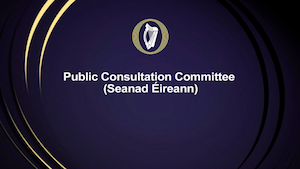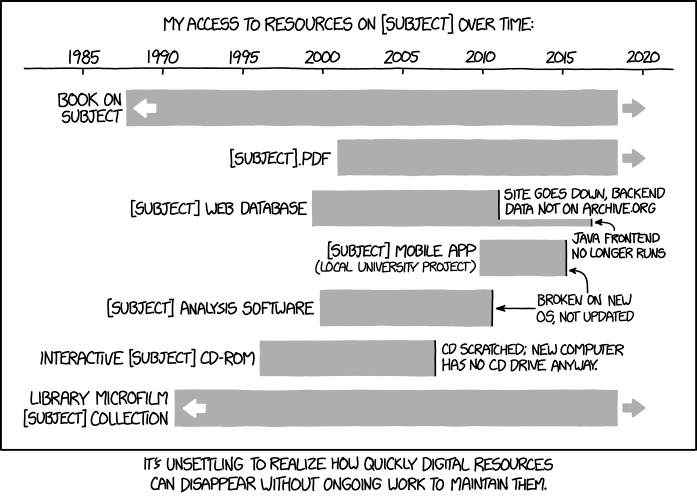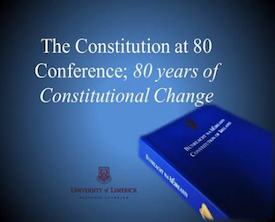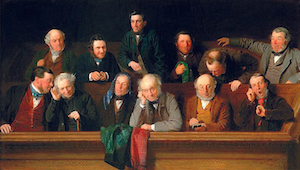Consultation on the Status, Treatment and Use of the National Anthem
 The Seanad Public Consultation Committee was established “to facilitate direct engagement and consultation between members of the public and Seanad Éireann” (pdf).
The Seanad Public Consultation Committee was established “to facilitate direct engagement and consultation between members of the public and Seanad Éireann” (pdf).
It has just undertaken a Consultation on the Status, Treatment and Use of the National Anthem (pdf):
The purpose of this consultation is to invite submissions from interested parties or citizens to consider the most appropriate way the State should treat the National Anthem. This consultation process is being considered in the context of the music and English and Irish lyrics of the National Anthem no longer being in copyright. Legislative proposals have been made to address this issue. Seanad Éireann would like to consult with citizens on their views on this issue.
I have already commented at length on this blog about the issue, so I made a short submission to the Committee in which I referred to those posts, and answered some of the questions posed in the Consultation. In my view, the anthem should be treated with respect and dignity, and there is a good case to be made for legislation to protect it from inappropriate commercialisation. However, I do not think that copyright is a suitable means to this end. Instead, I think that it is a matter for a specialist piece of legislation, specifically directed to the issue.…




